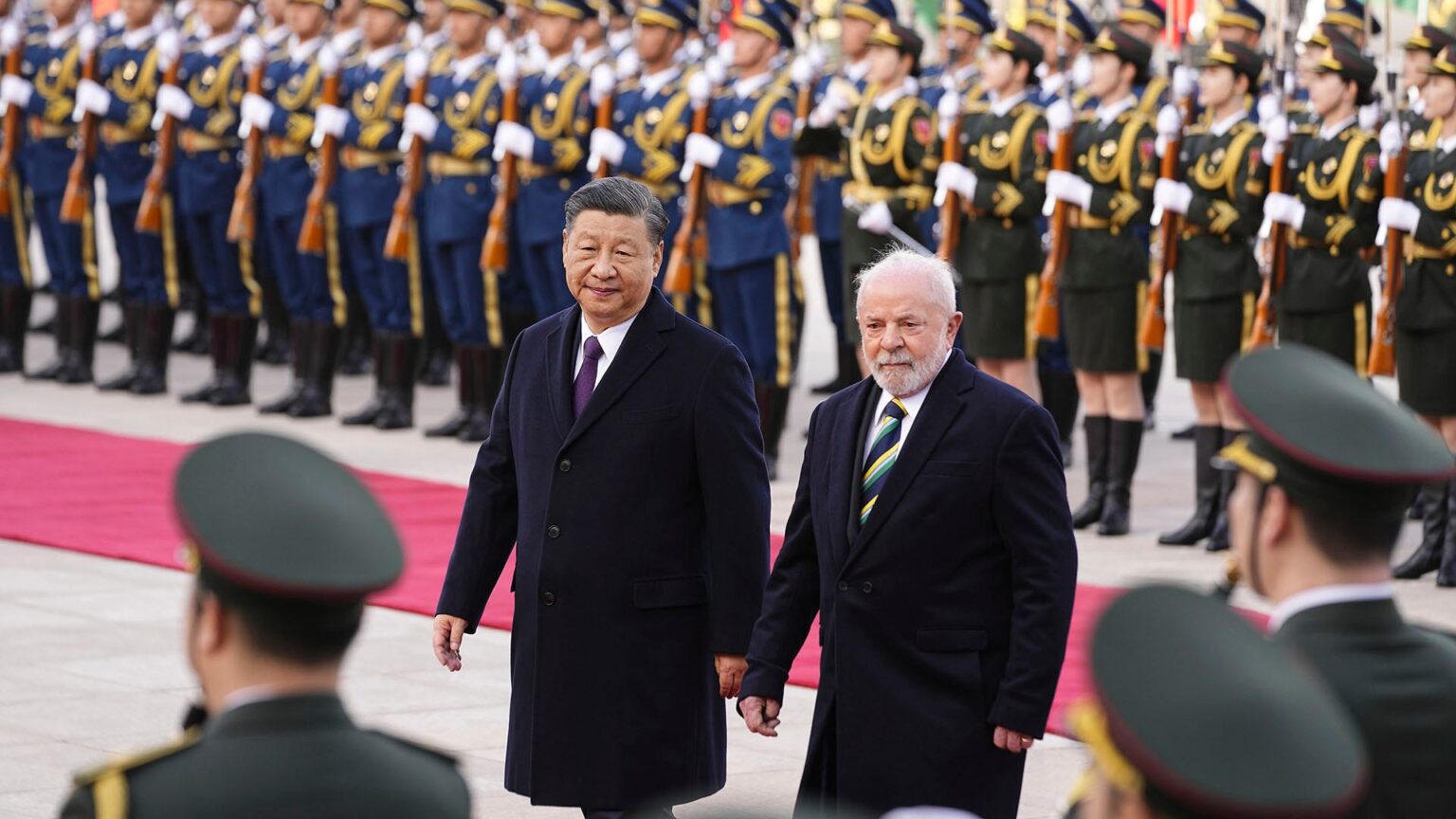In a concerted effort to rejuvenate its scientific landscape, Brazil has unveiled a novel program aimed at enticing 1000 Brazilian researchers currently working abroad to return to their homeland. However, the initiative, named Conhecimento Brasil (Knowledge Brazil), has sparked considerable debate within the scientific community, with many experts questioning its efficacy and raising concerns about the allocation of resources.
The program, launched under the administration of President Luiz Inácio Lula da Silva, earmarks a substantial budget of 1 billion Brazilian reais ($200 million) over five years. It offers enticing incentives, including competitive annual salaries ranging from 120,000 to 156,000 reais, as well as funding of 400,000 reais to establish laboratories. Proponents argue that such measures are imperative to stem Brazil’s brain drain and bolster its scientific capabilities.
The plan offers incentives, including competitive annual salaries ranging from 120,000 to 156,000 reais, as well as funding of 400,000 reais to establish laboratories.
The researcher daily1
However, critics contend that the program’s focus on attracting established Brazilian researchers from abroad overlooks the pressing challenges faced by the scientific community within the country itself. Thaís Barreto Guedes, a biologist at the State University of Campinas, highlights the plight of thousands of unemployed Ph.D. holders and the precarious conditions endured by those currently employed, including low salaries and dilapidated laboratories. This sentiment is echoed by many researchers who question the wisdom of channeling significant resources into repatriation efforts while domestic research budgets stagnate or decline.
lack of clarity regarding the program
Moreover, the efficacy of the repatriation program is called into question by the lack of clarity regarding the number of Brazilian researchers who have migrated overseas in recent years. Estimates range widely, casting doubt on the program’s ability to address the underlying issues plaguing Brazil’s scientific community. Furthermore, the skepticism surrounding the program’s promised levels of support raises concerns about its attractiveness to experienced researchers accustomed to better remuneration abroad.
Alicia Kowaltowski, a biochemist at the University of São Paulo’s Institute of Chemistry, raises pertinent questions about the suitability of extending the offer to researchers with master’s degrees, highlighting the importance of experience in developing robust research projects and establishing laboratories. These concerns underscore the need for a comprehensive approach that addresses the systemic challenges undermining research prospects within Brazil.
The consensus among critics is that the repatriation program, while well-intentioned, fails to tackle the root causes of brain drain. Thiago Gonçalves Souza, an ecologist at the University of Michigan, emphasizes the pivotal role of infrastructure investment and research support in retaining scientific talent within Brazil. Until these fundamental issues are addressed, Souza contends that initiatives like the repatriation program are unlikely to yield significant results.
Preliminary findings from a survey of Brazilian researchers working abroad further underscore the magnitude of the challenge, with up to 90% expressing no expectation of returning to Brazil. This underscores the imperative for the Brazilian government to prioritize systemic reforms aimed at improving working conditions and career prospects for researchers already within the country.
What’s next?
In conclusion, while Brazil’s attempt to replicate China’s ambitious scientist and researcher plan reflects a commendable commitment to fostering scientific excellence, the success of such initiatives hinges on addressing the underlying structural challenges facing the scientific community. As Renato Janine Ribeiro, president of the Brazilian Society for the Advancement of Science, aptly notes, preventing brain drain requires a multifaceted approach that prioritizes improving working conditions and career prospects for researchers domestically. Only through concerted efforts to address these root causes can Brazil hope to stem the tide of talent migration and realize its full scientific potential.
- Daily, R. (2024, May 15). Brazil’s attempt to replicate China’s The Thousand Talents plan. Retrieved from https://researcherdaily.com/p/brazils-attempt-to-replicate-chinas ↩︎




